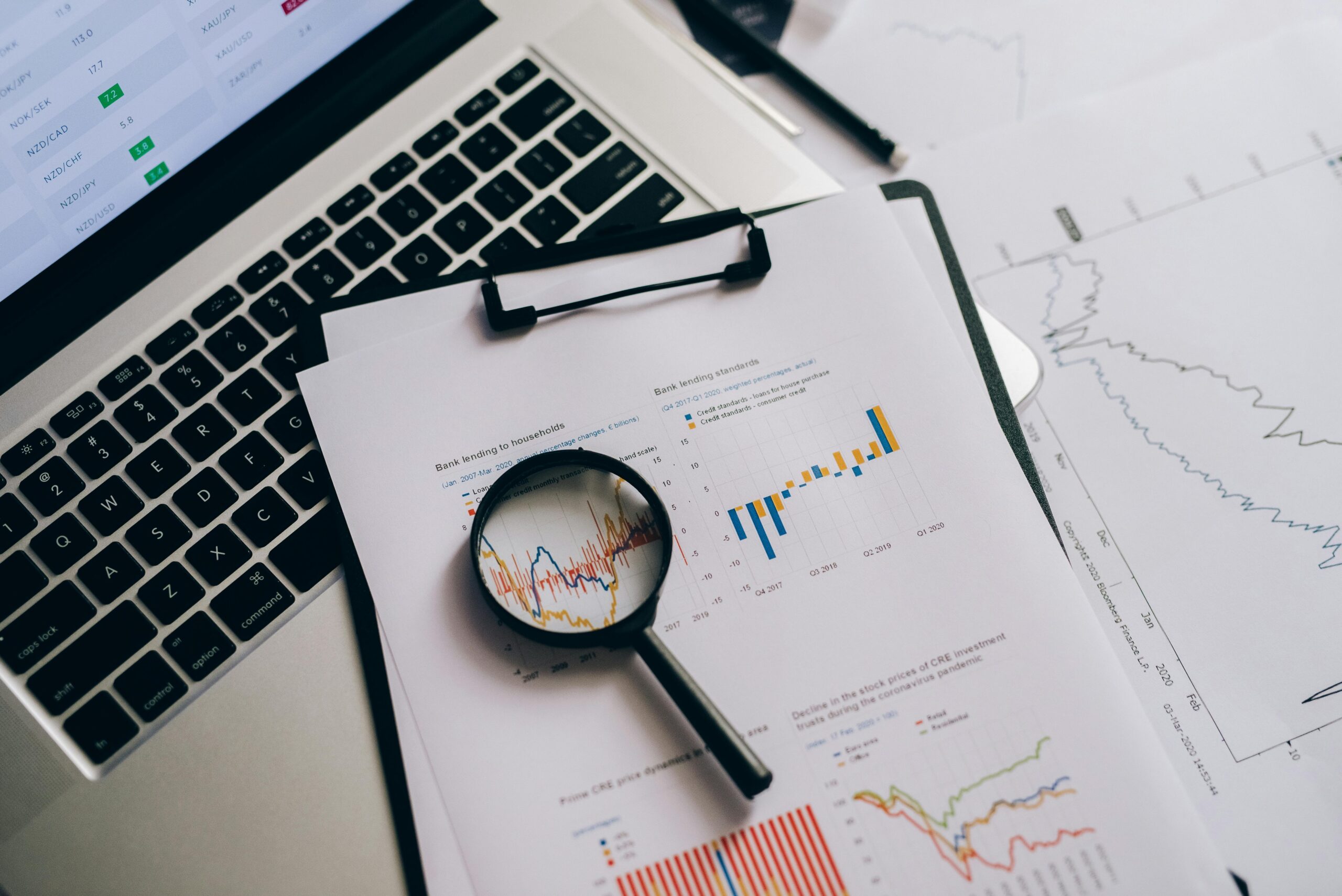In today’s digital age, big data analytics has become a cornerstone for driving business success. By harnessing the power of vast amounts of data, companies can gain valuable insights, enhance decision-making processes, and ultimately improve their performance. This article explores the ways big data analytics can transform businesses, offering practical examples and actionable strategies.
Understanding Big Data Analytics
Big data analytics involves examining large and varied data sets to uncover hidden patterns, unknown correlations, market trends, customer preferences, and other useful business information. The process often involves advanced technologies such as machine learning, artificial intelligence, and statistical analysis. Here are some key areas where big data analytics can significantly impact business performance:
Enhancing Customer Experience
One of the primary benefits of big data analytics is its ability to improve customer experience. By analyzing customer data, businesses can gain deep insights into customer behavior, preferences, and pain points.
- Personalized Marketing: Companies like Amazon and Netflix use big data to deliver personalized recommendations to their customers. By analyzing past purchases and viewing habits, they can suggest products and content that align with individual preferences, increasing customer satisfaction and loyalty.
- Customer Feedback Analysis: Through sentiment analysis of social media posts, reviews, and feedback forms, businesses can quickly identify areas where they need to improve and respond proactively to customer concerns.
Optimizing Operations
Big data analytics can streamline and enhance various operational processes within a business, leading to increased efficiency and reduced costs.
- Supply Chain Management: Companies like Walmart use big data to optimize their supply chain operations. By analyzing data from suppliers, inventory levels, and sales, they can predict demand more accurately and manage stock levels more efficiently, minimizing waste and reducing costs.
- Predictive Maintenance: In manufacturing, predictive maintenance powered by big data analytics helps companies anticipate equipment failures before they occur. By analyzing sensor data from machinery, businesses can schedule maintenance at optimal times, avoiding costly downtime.
Driving Innovation
Innovation is crucial for staying competitive, and big data analytics can play a vital role in fostering it.
- Product Development: Businesses can use big data to understand market trends and customer needs, guiding the development of new products. For example, car manufacturers analyze data on driving patterns and customer feedback to design vehicles that meet emerging demands for safety and efficiency.
- Market Research: Traditional market research methods are often time-consuming and limited in scope. Big data analytics, however, enables companies to conduct real-time market research, providing a more comprehensive view of consumer trends and preferences.
Enhancing Decision-Making
Accurate and timely decision-making is critical for business success, and big data analytics can provide the necessary support.
- Data-Driven Strategies: Companies like Google and Facebook rely heavily on data analytics to inform their strategic decisions. By leveraging data on user behavior and market trends, they can develop strategies that are more likely to succeed.
- Risk Management: Financial institutions use big data to assess risks more accurately. By analyzing large volumes of data on market conditions, economic indicators, and customer behavior, they can identify potential risks and take proactive measures to mitigate them.
Real-World Examples
To illustrate the impact of big data analytics, let’s look at a few real-world examples:
- Coca-Cola: By analyzing data from social media, sales, and customer feedback, Coca-Cola was able to develop new flavors and targeted marketing campaigns that resonated with their audience, boosting sales and customer engagement.
- UPS: The logistics giant uses big data to optimize delivery routes, reducing fuel consumption and improving delivery times. Their ORION system analyzes data from millions of deliveries to find the most efficient routes, saving the company millions of dollars annually.
- Starbucks: Starbucks uses big data to select store locations, customize marketing efforts, and personalize customer experiences. By analyzing data on customer preferences and buying patterns, they can offer tailored promotions and product recommendations.
Conclusion
Big data analytics is more than just a buzzword; it’s a powerful tool that can drive substantial improvements in business performance. By leveraging big data, companies can enhance customer experiences, optimize operations, foster innovation, and make more informed decisions. As technology continues to evolve, the potential for big data analytics to transform businesses will only grow, making it an essential component of any successful business strategy.

